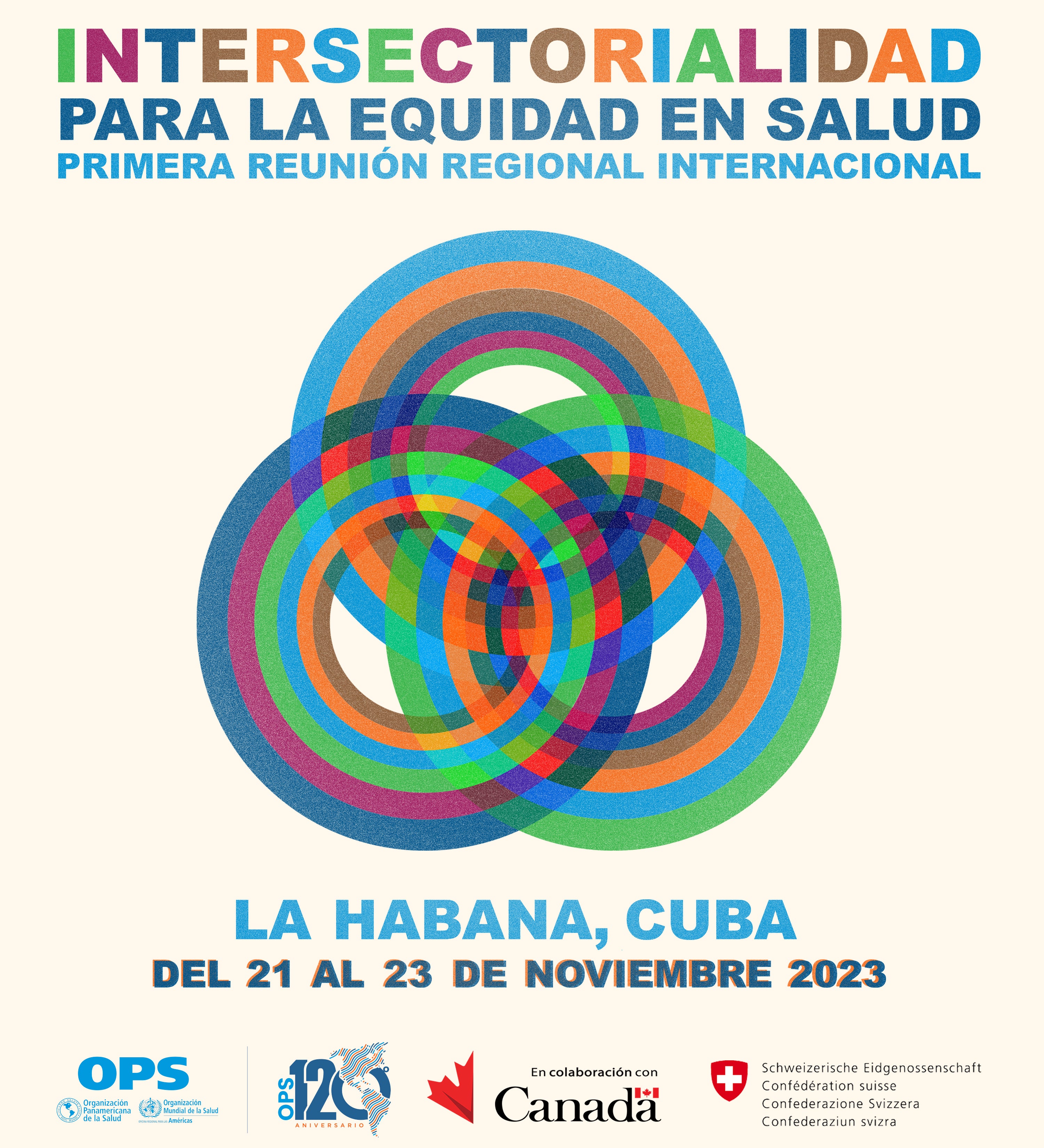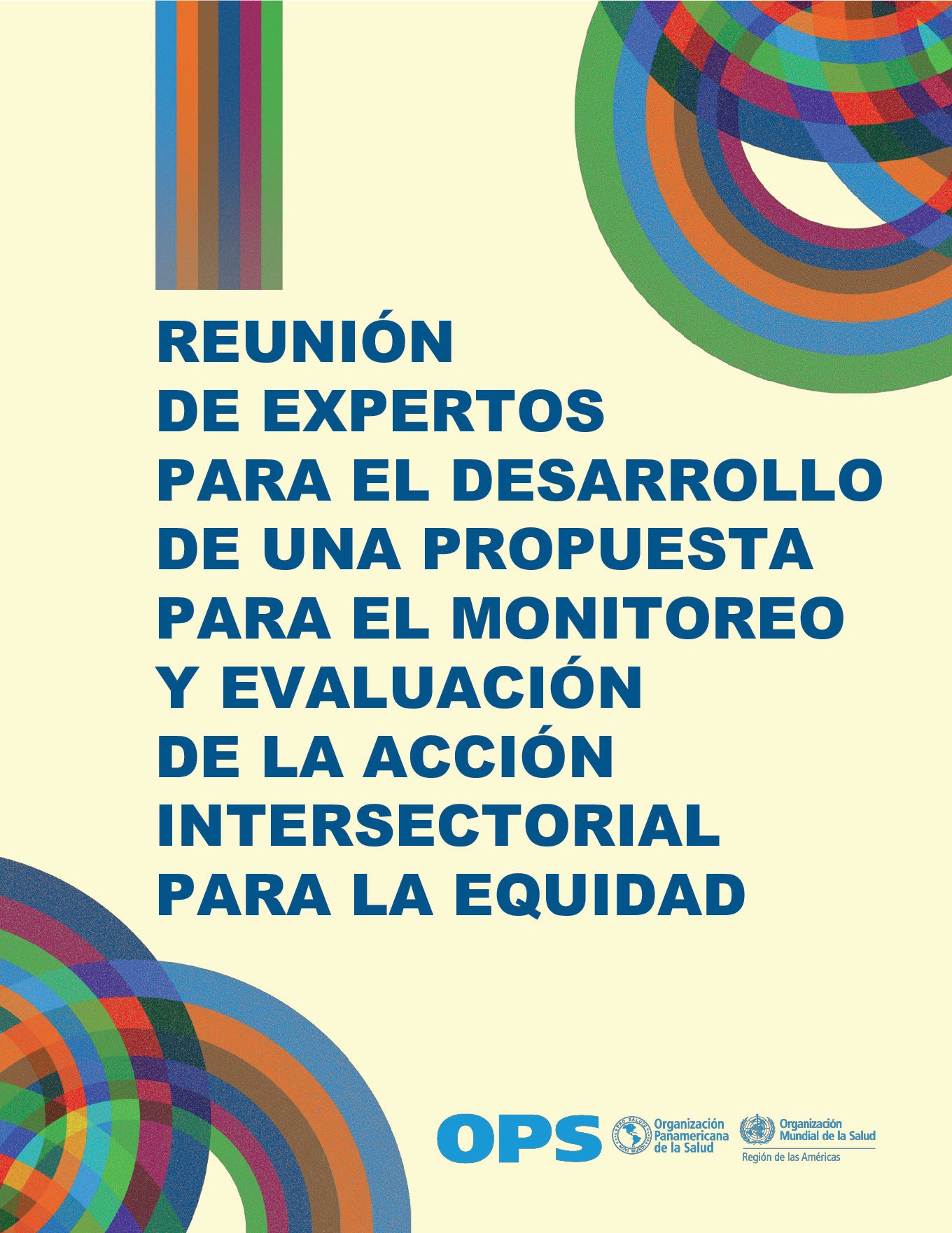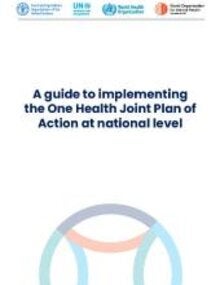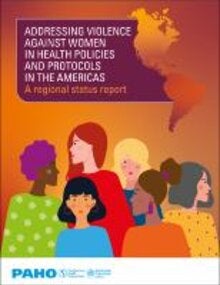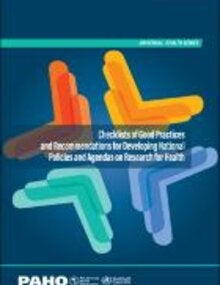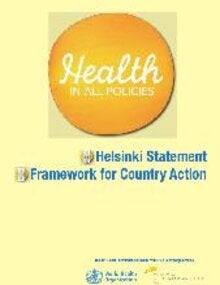Health in All Policies (HiAP) is an approach to policymaking that systematically considers the health implications of decisions across sectors, seeking synergies and avoiding harmful health effects of policies outside the health sector in order to improve both population health and health equity. In line with the principles of Alma Ata, the Ottawa Charter, the Final Report of the Commission on the Social Determinants of Health, and the Rio Political Declaration on the Social Determinants of Health, Health in All Policies is a collaborative approach that aims to improve health by incorporating a health lens into decision-making across sectors and policy areas. It also builds the capacity of health policy professionals to recognize and support the development goals of other sectors, recognizing the interdependent nature of social, economic and environmental development.
- There is a broad consensus that the health of an individual or population is not influenced solely by the efforts of the formal health sector; rather, it is also defined by the conditions of daily life as well as the inputs, intentional or not, of various stakeholders and policies.
- The recognition that health outcomes and inequity in health extend beyond the health sector across many social and government sectors has led to the emergence of a comprehensive policy perspective known as Health in All Policies (HiAP).
- HiAP is a collaborative approach to public policies across sectors that systematically takes into account the health implications of decisions, seeks synergies, and avoids harmful health impacts in order to improve population health and health equity.
- PAHO urges member states to take effective measures, including, where appropriate, legislation, structures, processes, and resources that enable public policies which take into account and address their impacts on health, health equity, and the determinants of health, and implement mechanisms to measure and monitor the determinants of health and health disparities.
- PAHO urges member states to utilize relevant tools to identify, assess, promote, and strengthen multi-sectoral participation and actions for health, including, as appropriate, interministerial committees, integrated budgets and accounting, and health impact analysis.
- PAHO urges member states to involve, as appropriate, local communities and civil society actors in the development, implementation, monitoring, and evaluation of policies across sectors, including mechanisms for community engagement and public participation.


